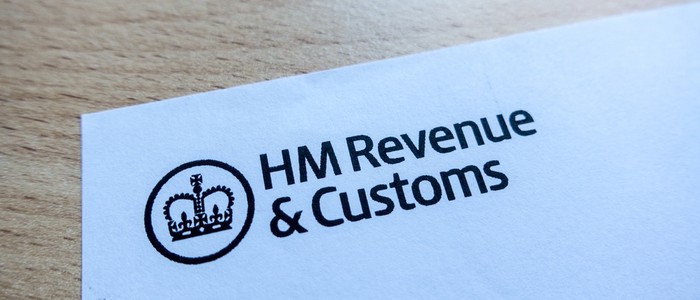A recent First-Tier Tribunal (FTT) ruling in favour of the taxpayer has challenged HMRC’s belief that renting out a room or piece of land alone is not exempt from VAT. In the case of HMRC vs Errol Willy Salons, the FTT dismissed HMRC’s VAT assessment in support of aggrieved salon owner Errol Willy.
The case started back in 2017, when the salon owner decided to let out two unused rooms. Each room was fairly plain and nondescript, though they both had a sink. The beauticians who rented the rooms provided all the tools of their trade by themselves, controlling their own hours and prices.
Though Errol Willy had little to no involvement in the work of the beauticians, other than collecting a percentage of their monthly takings as rent, HMRC issued a huge VAT bill of £18,649. According to HMRC, the salon supplied taxable rated services – but the owner disagreed, and now so has the FTT.
HMRC’s assessment of room rental VAT
Generally, the supply of a rented room should be exempt from UK VAT, with the exceptions of rooms hired for catering or sleeping accommodation. HMRC had yet to draw a line between what counts as VAT-exempt room hire and when it counts as a supply of services that’s liable for VAT.
In the case of Errol Willy’s salon in Cardiff, HMRC
argued that the room rentals were not exempt from the standard 20% VAT rate because they were part of a larger package of taxable services.
While the beauticians were self-employed and not registered for VAT, they were able to access the staff toilets and break areas, and made use of heating and lighting. They also had minimal use of the salon’s reception and advertising. HMRC judged all of this to be a service package inclusive of rent.
When Errol Willy received the unexpected VAT assessment, he of course decided to challenge it and appeal against HMRC’s decision at a tribunal. The salon owner was not charging the beauticians for use of these basic facilities, but HMRC believed that the situation was similar to a previous case.
In the Byrom case, HMRC successfully proved that self-employed masseuses hiring rooms at a massage parlour were also supplied with services such as a reception desk, a kitchen, showers, linen and towels, and a washing machine – so the standard VAT rate was applicable to the rental income.
However, as the FTT acknowledged, Errol Willy did not
provide such an extensive service package.
The First-Tier Tribunal’s decision on room hire VAT
Luckily for Errol Willy, the FTT did not agree with HMRC
that his case and Byrom’s were comparable.
While the masseuses in the Byrom case received a package of multiple services related to their purpose in hiring the rooms, the additional facilities in the salon that the beauticians had access to were either incidental or inessential to their business. The rooms they hired were more or less bare.
Therefore, the primary supply was simply room hire, and the salon owner was correct in treating these transactions as VAT exempt room hire. The court’s judgement was in the taxpayer’s favour, clarifying that supplying a room to rent is only liable for standard VAT rating if significant additional services are supplied as part of the hire – for example, if they had also supplied hairdressing chairs.
It’s evident that not every case of room hire which coincides with other minimal services qualifies as a supply package. Where the predominant supply is the letting of land, a VAT exemption is valid – so HMRC should judge these situations on a case-by-case basis, according to the specific circumstances.
What does this FTT ruling mean for my business?
You might be wondering how this individual taxpayer’s victory applies to you. If HMRC had won the case against Errol Willy Salons, other businesses letting out spare rooms could also find themselves liable for additional VAT charges at HMRC’s whim – even if any additional services were inessential.
The impact of this FTT ruling means that many small businesses, and even some large ones, have a precedent to refer to if they need to appeal against a VAT assessment like Errol Willy. However, HMRC
should now revise their room hire VAT exemption regulations to avoid a repeat of this issue.
If you would like to read more about the Byrom case and further examples of HMRC’s treatment of VAT liabilities, you can do so by clicking here. Following the Errol Willy Salons case, the government may pursue legislative changes to clarify the VAT rules. The best way to stay on top of these things and prevent similar VAT charges from HMRC is to make sure your account management is in order.
Do you need professional help with VAT returns? Or are you struggling with a tax investigation and need financial experts to handle the HMRC enquiry
on your behalf? In either case, our accountants in the North West would be happy to assist – simply contact GBAC to find out how we can help you.
